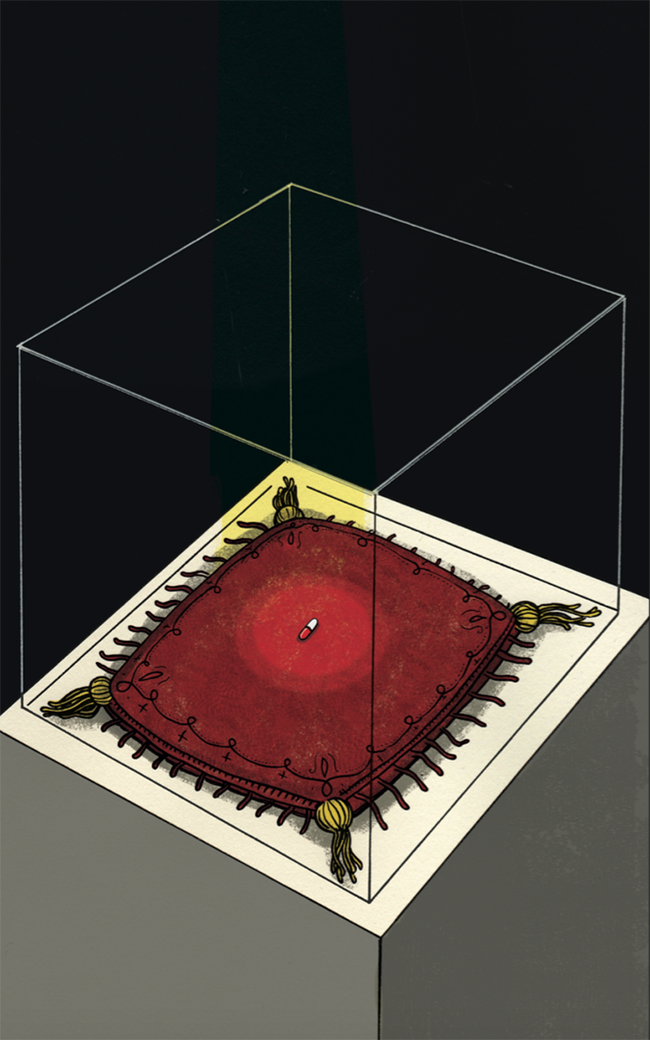ZEITGUIDE TO CBD

Does a little CBD every day keep the doctor away?
With the growing use, and legality, of marijuana products to treat medical issues and to relieve pain and anxiety, interest in CBD, or cannabidiol, a chemical derived from hemp and marijuana plants, has exploded. That is, in part, because unlike THC, the other key chemical in weed, CBD does not have a psychoactive effect, and has been shown to provide the anti-inflammatory, anti-anxiety and pain relief benefits many consumers are seeking.
These positive effects result from how CBD works with the human endocannabinoid system, which is responsible for ensuring nerves communicate efficiently with one another. “This system regulates everything—down to your dopamine levels—if it isn’t working, nothing is working,” says neuroscientist Michele Ross. “CBD boosts your own natural cannabinoids, which improves your mood and overall wellbeing.”
Not surprisingly, products containing CBD are becoming increasingly popular. Oil droplets and pills, which anyone can order on Amazon, are the most common method for ingesting CBD. But there’s also CBD infused coffee, tonics, edibles and even dog treats to calm anxious “furbabies.”
Beermakers are also experimenting with CBD, not to give drinkers a stronger buzz, but instead to unlock new flavors. Hemp, from which CBD is derived, and hops, the source of flavor in beer, are closely related plants from the family cannabaceae. “From a practical standpoint, it means they’re producing a lot of the same terpenes, or flavor and aromatic compounds,” says brewer Elan Walsky. “The idea is not to make some kind of chimera of intoxicants … The idea is really to highlight these similarities.”
In 2017, total sales of CBD products in the US added up to over $350 million and are projected to eclipse $1 billion by 2020.
The explosion of the CBD market is taking place amidst a hazy legal status for the chemical. Most CBD sold is derived from hemp, a close relative of marijuana. Because of this association, hemp has long been classified by the U.S. government as a Schedule I drug. However, legislation passed in 2014 has allowed states to cultivate hemp for research purposes. This “Farm Bill hemp” is where the CBD you can legally purchase comes from. In states with legal weed, consumers can also buy CBD derived from marijuana plants.
And yet by the DEA’s standards, selling CBD is still illegal. “When it comes to CBD, these products are coming from the plant, which is controlled, which is illegal,” says DEA spokesperson Rusty Payne.
The regulatory environment will gain clarity with a new bipartisan farm billthat passed in the U.S. Senate on June 28th. The bill, which includes a provision introduced by Republican Senate Majority Leader Mitch McConnell, legalizes the growing, processing and sale of hemp and derived products. That includes a lot more than just CBD. The Congressional Research Service found that the “global market for hemp consists of more than 25,000 products.”
A more open legal environment will pave the way toward greater adoption of CBD and will leave it up to consumers to decide if (and to what extent) it is right for them.
Want to learn more about ongoing business and cultural transformation?
#GetSmartQuick with ZEITGUIDE 2018.
Inquire about our custom offerings.
Sign up to receive our weekly newsletter.
